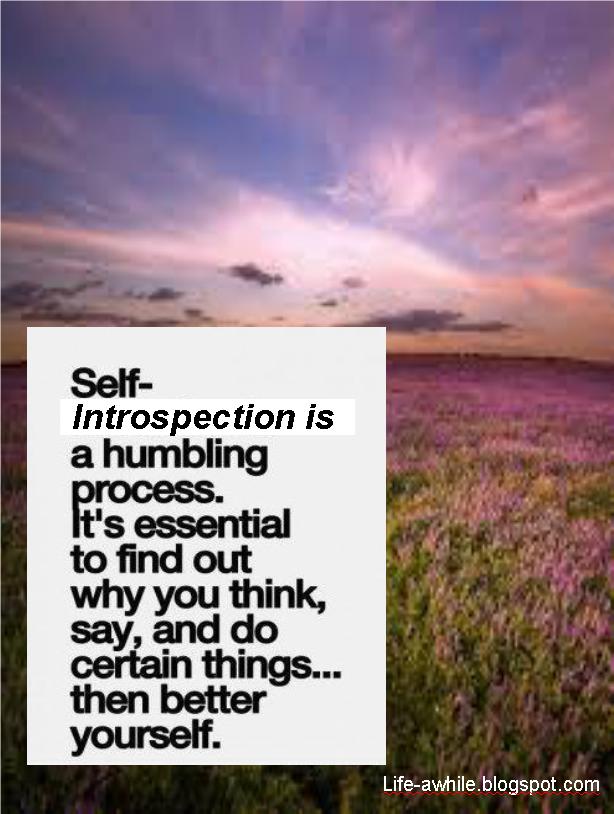If you commit a mistake and try to cover it up, you cannot correct yourself. The process of self-correction begins from admitting your mistake. Without such confession, there is no self-correction. This is what introspection is about.
According to my understanding, it is not bad to commit a mistake, because to err is human. The real evil is to not admit your mistake. This is the real crime. A true believer is one who is ready to say, ‘I was wrong.’ The definition of a true believer is not that he is a person who makes no mistakes in his life.
No, that is not the definition of a true believer. Rather, the true believer is one who, when he commits a mistake, immediately says, ‘I was wrong.’ When he confesses his mistake, it is like taking a spiritual bath. Saying ‘I was wrong’ purifies you. It purifies your heart, your mind. This can only come about through constant and sincere introspection.
Given the fact that, in contrast to ‘unjustified evils’, it is often very difficult to recognise ‘justified evils’, you need to be particularly careful. You need to de-condition yourself to recognise them as evils that need to be avoided. When people indulge in an evil for a long time, seeking to justify it as ‘good’, it becomes part of their conditioning.
To come out of this evil, one needs appropriate de-conditioning. And this de-conditioning requires deep introspection. Without this, you cannot be a true believer. Without this, you cannot purify your self.
The Quran says,
“That is the recompense for those who purify themselves.”
(20:76)
It means that only purified souls will go to Paradise. So, it is very necessary that you engage in introspection with regard to all evils, both ‘unjustified’ as well as ‘justified’ evils.
Today, Muslims are engaged in a number of ‘justified evils’—from hating people of other faiths to engaging in suicide bombings and terrorism. They brand others as ‘enemies’, although the fact is that there is no enemy. They accuse others of being involved in atrocities and conspiracies against them. But this is wrong. There are a number of verses in the Quran that tell us that one is responsible for one’s own condition, and not some enemy.
If you are suffering, if you are deprived of something, it is the price you have to pay for your own backwardness. To realise this and to extricate yourself from the predicament in which you find yourself, you need to introspect. You need to discover the ‘justified evils’ you are indulging in, de-condition your mind and reform yourself. Without this effort, you cannot save yourself. You cannot purify yourself without this sort of deconditioning based on introspection.
According to a Hadith report, Rasulullah SAW said:
“A man’s feet will not move from near his Lord on the Day of Judgment until he is asked concerning four matters: his life – how he spent it; his youth – how he utilized it; his wealth – how he earned it and where he spent it; and how much he acted upon from the knowledge that he acquired.”
(Tirmidhi)
You will have to answer all these questions. It is a very serious matter.
According to a hadith report, Rasulullah SAW said:
“Anybody whose account (record) is questioned on the Day of Judgment will surely be punished.”
(Bukhari)
Given this, we need to prepare ourselves so that on the Day of Judgment we can escape being punished. And for that, we need to constantly engage in introspection and self-correction.
Introspection in the present can save you from punishment in the future. Introspection in the pre-death phase of your life can save you from punishment in your post-death phase.
Introspection is thus an integral part of faith, of Islam, of being God-conscious, of piety. Without introspection there is no Islam. Without introspection, there is no Muslim character.
*credit/newageislam.Maulana Wadudin
